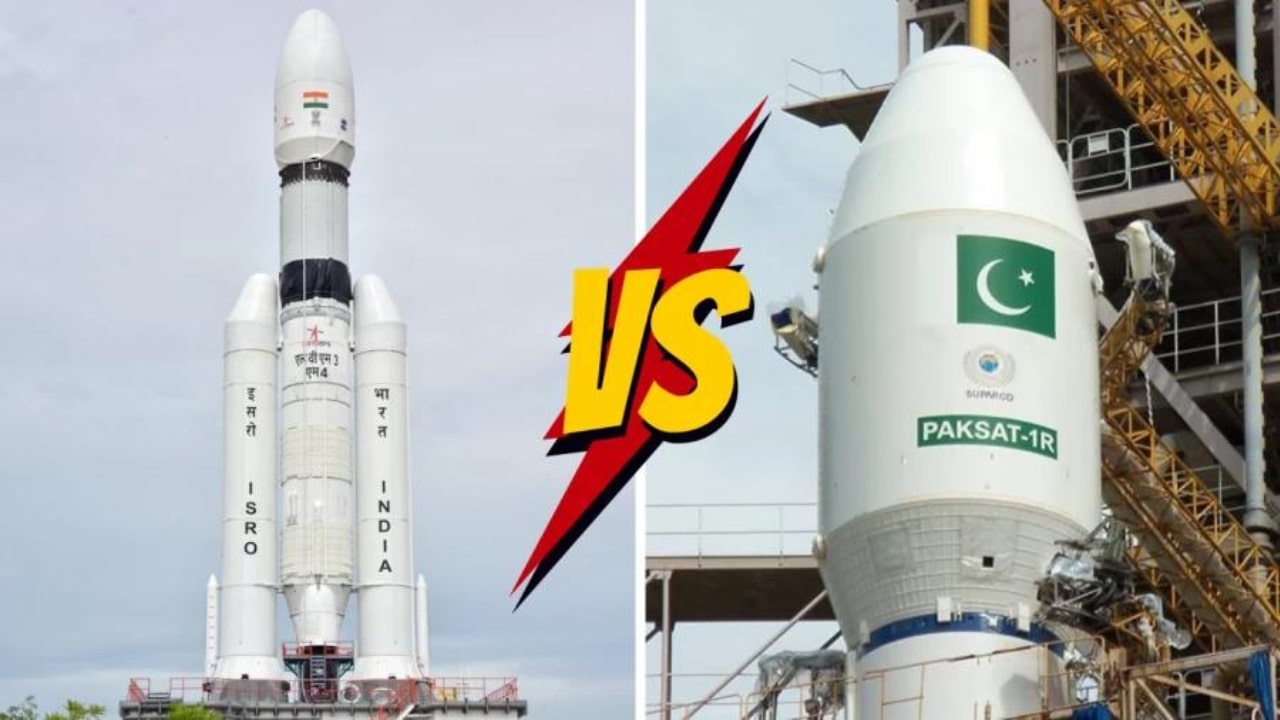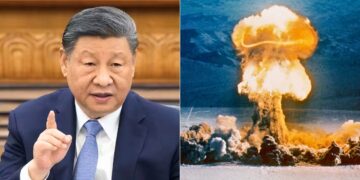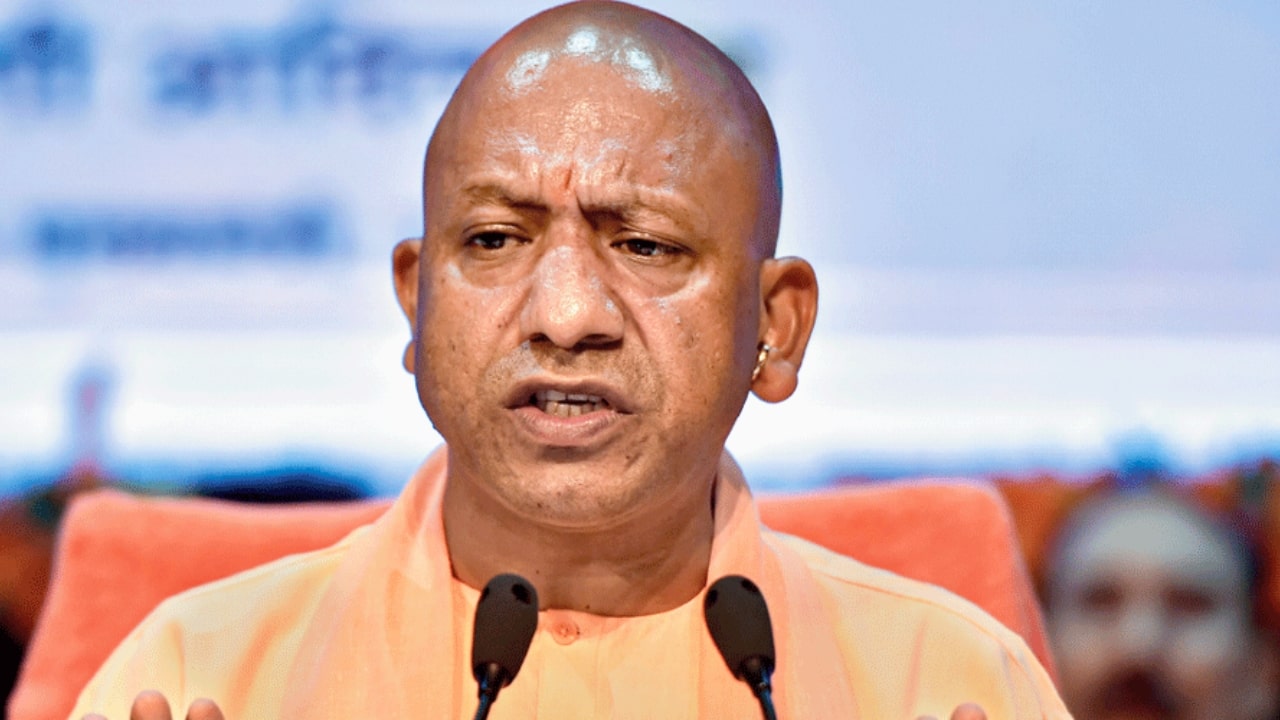Deep in debt, the financial condition of Pakistan is so bad that it does not have money to run even the airlines. Compared to that, India has reached today. India’s ISRO has been entirely successful in its third Chandrayaan mission.
Chandrayaan-3’s lander Vikram and rover Pragyan have successfully achieved the lunar surface. Today, India is in a much better position regarding space research than Pakistan. But you will be surprised to know that there was a time when Pakistan was far ahead of India in space research.
Together, independent India and Pakistan started space research in the 60s. Pakistan went far ahead of India by launching the sounding rocket in 1962. In the power of space research, Pakistan emerged as the third largest power in Asia. However, the military system gradually took over Pakistan’s space project.
Pakistan’s relations with America were very close at once, which benefited it. Pakistan had made the first sounding rocket with American cooperation. This is how the US helped Pakistan launch its first sounding rocket, Rehbar-I, built to study the atmosphere. Over the next 10 years, Pakistan’s space agency Suparco launched several such sounding rockets and developed other space-related projects with the help of the US and China. However, in the 70s, the pace of its space program began to slow down.
After the death of Zulfikar Ali Bhutto in 1978, General Zia-ul-Haq took over as the President of Pakistan. As soon as he took office, the military system in Pakistan began to strengthen, and Pakistan started using its space agency to upgrade most of its weapons. Zia’s decade-long rule left Pakistan’s space program directionless and in ruins, so Pakistan’s space agency went several decades behind India.
India launched its first satellite in Aryabhatta in 1975, while Pakistan managed to launch its first satellite, Badr-I, 15 years later. Today, Pakistan stands nowhere in comparison to India. After the success of Chandrayaan-3, the Indian Space Agency ISRO has many projects in the pipeline, which it will execute in the coming days.











